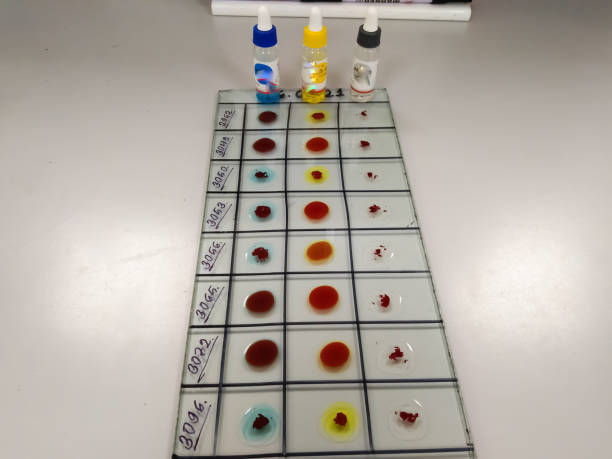Blood types play a crucial role in understanding our unique biological makeup. Among the various blood types, a positive blood type, also known as Rh-positive, holds particular significance. In this article, we will explore the positive aspects of having a positive blood type, both in terms of health benefits and its impact on individuals.
Understanding A Positive Blood Type
What Does “Positive” Mean?
Before delving into the positives of a positive blood type, it’s essential to understand what the term “positive” refers to in this context. The positivity or negativity of blood is determined by the presence or absence of the Rh factor, also known as the Rhesus factor, on the surface of red blood cells. A positive blood type indicates the presence of the Rh factor.
Health Benefits of A Positive Blood Type
**1. Wide Compatibility for Blood Transfusions
One of the significant advantages of having a positive blood type is the broader compatibility for blood transfusions. Individuals with A positive blood can receive blood from A positive, A negative, O positive, and O negative donors. This flexibility can be crucial in emergencies where immediate blood transfusions are required.
**2. Reduced Risk of Certain Health Conditions
Studies suggest that individuals with A positive blood type may have a lower risk of certain health conditions compared to those with other blood types. These conditions include cardiovascular diseases and blood clotting disorders. While blood type alone doesn’t determine overall health, having positive blood might contribute to a lower susceptibility to specific ailments.
**3. Potential Immune System Benefits
Research has indicated that individuals with A positive blood type might experience certain immune system benefits. They may be more resistant to certain infections, providing an added layer of defense against common illnesses.
**4. Adaptability to Specific Diets
Some proponents of blood type diets suggest that individuals with A positive blood type may benefit from specific dietary choices. While these claims are often debated, some people report feeling healthier and more energized when following diets tailored to their blood type.
Embracing the Positivity of A Positive Blood Type
**1. Community and Connection
Understanding your blood type fosters a sense of community and connection. Knowing that you share a common blood type with a percentage of the population can create a sense of unity and shared experiences.
**2. Empowerment Through Knowledge
Knowing your blood type empowers you to make informed decisions about your health. It allows healthcare professionals to provide more personalized care, especially in medical situations requiring blood-related interventions.
**3. Supporting Others through Blood Donation
Individuals with A positive blood type have a valuable gift to share – their blood. Regular blood donation from individuals with this blood type can save lives and contribute to community well-being.
Conclusion: Celebrating the Positivity of A Positive Blood Type
In conclusion, having a positive blood type comes with several health benefits and positive implications for community and connection. While blood type alone doesn’t define an individual’s health, understanding its significance can enhance personal well-being and contribute to a sense of belonging within the larger community.
Whether you have positive blood or another type, embracing your unique biological makeup and making informed health choices are key to leading a healthy and fulfilling life.
Can people with A positive blood type receive blood from any donor? Individuals with A positive blood type can generally receive blood from A positive, A negative, O positive, and O negative donors. Still, it’s essential to follow medical guidelines for safe transfusions.
Do blood type diets have scientific backing? The scientific evidence supporting blood type diets is limited and often debated. It’s advisable to consult with healthcare professionals for personalized dietary recommendations.
How often should individuals with A positive blood type donate blood? The frequency of blood donation is subject to individual health conditions and local blood donation guidelines. Consult with healthcare providers or blood donation centers for specific recommendations.
Can positive blood type individuals still develop cardiovascular diseases? While A positive blood type may be associated with a lower risk of cardiovascular diseases, it’s essential to maintain a healthy lifestyle and consult healthcare professionals for personalized preventive measures.
Is there a specific diet recommended for A positive blood type? While some people report benefits from blood-type-specific diets, individual responses to diets vary. It’s advisable to focus on a balanced and nutritious diet that suits individual health needs and preferences.

